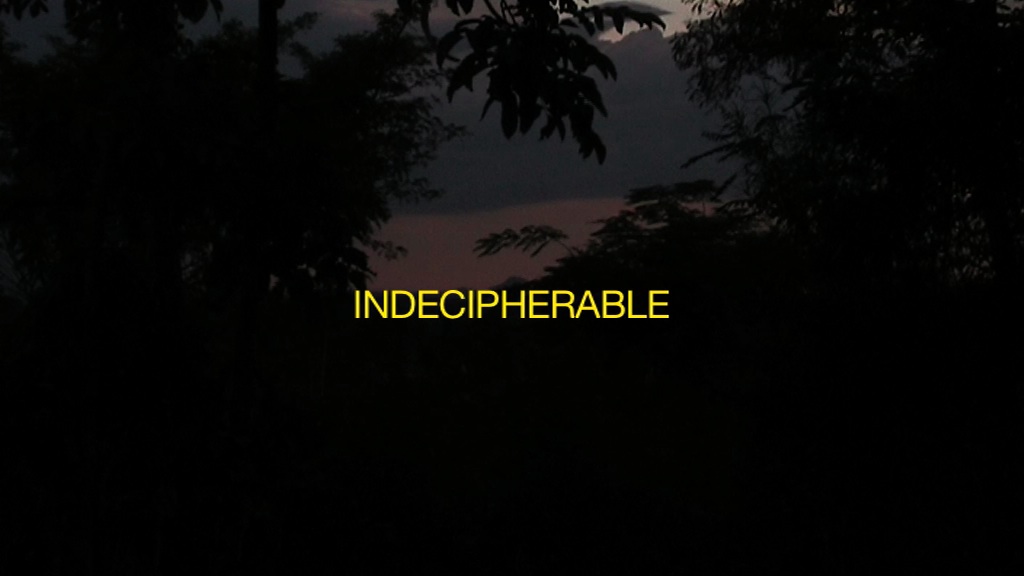The polyvocal is political
6.30-8.30pm | July 2 2019 | Nottingham Contemporary
The first session in the Voicing the Political series presents a screening of Emma Wolukau-Wanambwa’s Promised Lands (2015, 20’) alongside Lis Rhodes’ Pictures on Pink Paper (1982, 35’). A short talk will probe how these two formally startling films use polyvocality, word as material and semantic ambiguity to do political work. The mediated discussion that follows will be structured around a one-page document featuring short statements from some of the most vivid and provocative theorists of voice today: Adriana Cavarero, Nina Sun Eidsheim, Brandon LaBelle and Norie Neumark. This document does not need to be read in advance (although it can be requested on booking). Instead, we will read together: interpreting and evaluating these short propositions, while echoes of Wolukau-Wanambwa and Rhodes still resound in the space.
About Emma Wolukau-Wanambwa:
Emma Wolukau-Wanambwa is an artist and doctoral candidate in Fine Art at the University of Bergen, Norway as well as Convener of the Africa Cluster of the Another Roadmap School. Wolukau-Wanambwa works in a wide range of media, formats and contexts. Recent exhibitions include Bergen Assembly 2019; 62nd BFI London Film Festival; The Showroom, London; Museum of Modern Art, Warsaw; 10th Berlin Biennale of Contemporary Art; National Gallery of Zimbabwe; Makerere University Art Gallery; and Kunsthalle Bremen. Her essay, “Words Words Words”, is published in the exhibition catalogue Lis Rhodes: Dissident Lines by Nottingham Contemporary and the Palais de Tokyo.
Voicing the Political invites you to explore the politics of voice and voicing. Thinking beyond the equation of political agency with ‘having a voice’, these public events address vocality as a phenomenon at the confluence of embodiment and technicity, the individual and the collective, interior and exterior, sound and sense. The format for each session will comprise a mix of screenings, workshops, talks, collective reading activities, and live listening experiments. In this series, we will work together to interrogate the politics of how voice is used, represented, imagined and heard.
These sessions may be of particular interest to writers and artists whose work encompasses vocal performance, textual materiality and language-driven practices.
All are very welcome to join the conversation. To book please email Mercè at merce@nottinghamcontemporary.org



